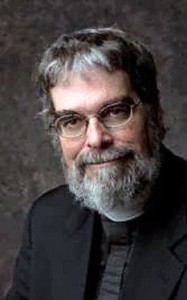Skeptics and atheists routinely invoke the “God of the gaps” excuse when faced with arguments for the existence of God. For example the cosmological argument for the existence of God. 1) Everything that begins to exist has a cause; 2) The universe began to exist; 3) Therefore, the universe has a cause;
I like to add because that initial cause started nature it must transcend nature hence it is supernatural.
The skeptic replies along these lines, “That is a God of the gaps argument, simply because we don’t have a natural explanation yet, doesn’t mean we will never discover one, you are inserting God into the gaps of scientific knowledge.”
Jesuit astronomer Guy Consolmagno serves as a prime example of such a  skeptic with his comment,
skeptic with his comment,
Consolmagno: Well, when Hawking says we don’t need God to start the universe, he’s right. Anyone who’s trying to use God to explain the things that science can’t explain in the 21st century, is a fool because who knows what science is going to explain in the 23rd century? That’s called the God of the gaps. (source)
However, I think this is circular reasoning because it assumes that there is a natural explanation forthcoming i.e. promissory naturalism (we do not have a natural explanation yet but one day we will). However, asserting that it is a “God of the gaps” argument, is to assume there is an undiscovered naturalistic cause but, in fact, that is the very thing in question. Invoking the “God of the gaps” label is circular reasoning, it assumes naturalism a priori.



